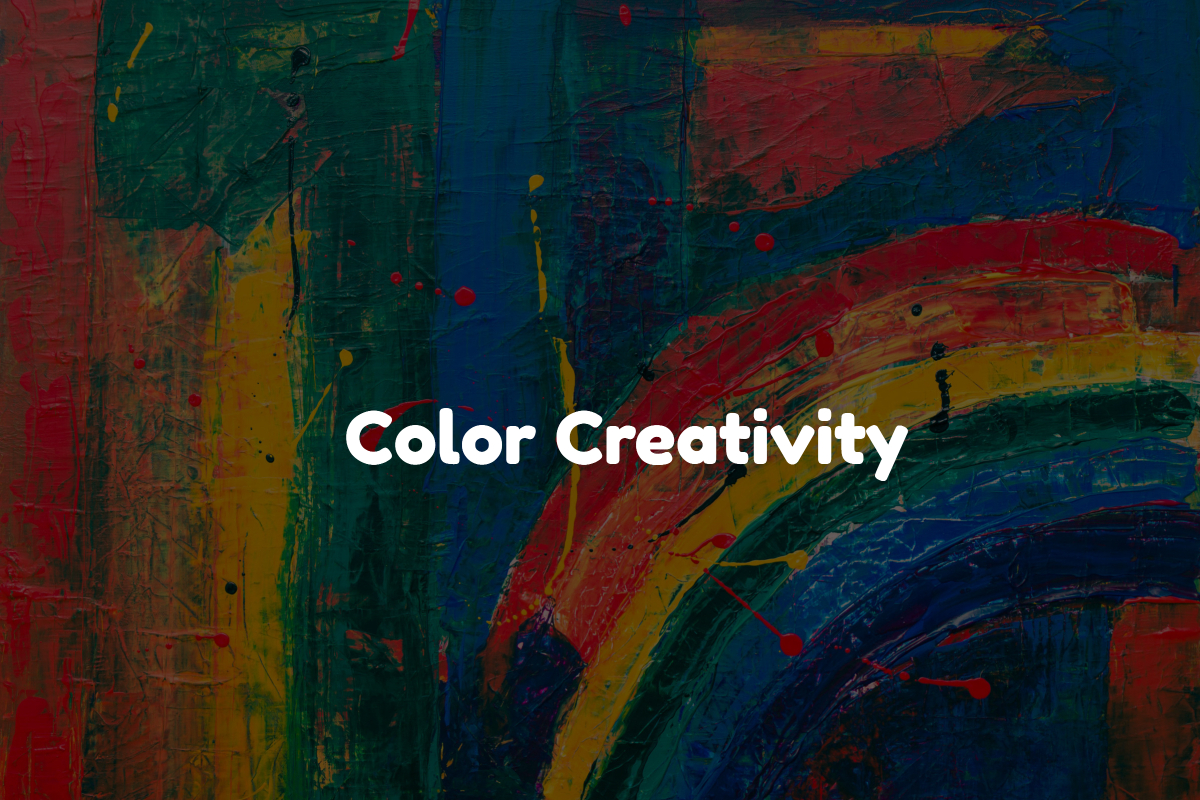Running a campaign and expanding it to even broader horizons requires a comprehensive marketing strategy. This is precisely where campaign banners come into play. With the right banner, your campaign will be able to expand outreach and capture new voters. But how do you make sure your campaign banners are visible to your target audience?
Nowadays, a fair majority of campaign banners are sold at economic prices. Although they are sometimes designated as “cheap banners”, we can assure you that there is nothing cheap about them. In fact, with the right design layout and color scheme, your cheap banners won’t appear very cheap at all.
If cost-effectiveness is not enough to convince you about the effectiveness of cheap banners, please read on. Here is a trove of creative ideas that are sure to make your banners stand heads and shoulders above the rest.
What’s So Great About Cheap Banners Anyway?
Ever had the feeling that a sign is speaking directly to you? Think of all the times you’ve been driving by somewhere and have seen a banner that plants a message right in your head. This is all the proof you need to know that a solid signage strategy will help you capture more attention and form a comprehensive customer base. But that’s not all—with campaign banners, the possibilities are practically endless.
All About Visibility
The purpose of using a banner is to capture the attention of any passerby and rally them around your cause. Beyond that, you want to send a message that inspires people to take their politics to the streets, either by canvassing or supporting your campaign in some other way. In this regard, it is important to keep in mind that most voters will not spend more than 4 or 5 seconds reading your banner. Further, some may not even register it at all.
Fortunately, the above problems are easily solved with a little visibility. Developing a visual strategy will capture more attention and understanding from your target audience. When formulating your strategy, keep the following rule at the forefront of your mind: for every 10 feet of distance, your lettering should be at least 1 foot high. On that note, make sure the text and graphics on your banner provide a clear representation of what your campaign is all about.
All About Readability
Another core tenant of an effective visual strategy is readability. Remember what you learned in art class: the bigger the content, the easier it is to read from a distance. Don’t be afraid to mobilize the white space, using limited amounts of content is actually the most efficient design strategy in today’s advertising landscape. Additionally, using bold contrasts will ensure that your banners are even more prominent.
When placing your sign, it is always a good idea to keep the speed of passing traffic in mind. This will help you in determining where your content should be placed and how big it should be. Ideally, even speedy traffic should be able to read and absorb your message. As always, be sure to avoid adding any unnecessary clutter, and if ever in doubt remember that minimalism is the cream of the crop when it comes to effective design strategies.
On Obstruction
We’re not talking about politics here. Imagine spending considerable sums of money on an arsenal of cheap banners only to find that the places you have designated to place them are all obstructed by something, be it trees, power lines, excessively bright streetlights, or even buildings and billboards. Doesn’t this go against the core tenant of opting for a banner in the first place?
If your answer to that question was “yes”, then you are certainly on the right track. According to Bloomsburg Rentals, That’s because the primary purpose of making a campaign banner in the first place is to elicit a response from potential voters. As such, no matter where you place your banner, make sure that there is a clear line of sight from distinct vantage points. To this effect, make sure that all components of the banner itself are distinctly visible, otherwise, people will not know what to focus on and may not even register that it is a campaign banner.
Have A Way With Words
When it comes to your banner’s text, don’t be afraid to be picky. Ensuring your wording is as precise as possible will only help your message achieve greater reach over time. Here, the tried and true formula “keep it simple” is more valuable than ever. In today’s world, most people won’t even bother to look at a cluttered banner for very long, much less commit any of its messages to memory.
Designing Your Banner
When it comes to effective banner design, one of the biggest hurdles people face is determining the appropriate size and scaling for all graphics and text. When it comes to sizing your campaign banners, make sure you know where each will be placed, as doing so will provide all the information you need in order to determine size and scaling.
A good rule of thumb is that size and visibility have a direct correlation. The bigger the banner, the more visible it will be. However, some spaces will likely necessitate smaller banners. When viewing your campaign banner, double-check the spacing and styling to make sure text visibility is not obstructed.
Attractive Colors
What’s better than cheap banners? How about cheap banners with attractive color schemes. Science has demonstrated that our brains typically perceive colors before anything else. Like scent, colors bypass most of our conscious faculties and hit us right in the brain. As such, colors are crucial to communicating your message to potential voters.
Some studies have concluded that as much as 80 percent of brand recognition is accomplished by way of effective color schemes. But don’t take our word for it—can you think of any campaign logos that have captured your attention recently?
When it comes to tactful color schemes, make sure to use lighter shades with darker backgrounds, as the reverse is difficult to spot from a distance or from a moving vehicle. Here, take care that the letters do not contrast the background, as this could also adversely impact visibility. Additionally, research current trends and select colors that adhere therein, as voters will likely be more receptive to them. Finally, keep it simple—using only a few colors makes a much larger impact than an oversaturated billboard with more than three colors.
From A Distance: On Legible Fonts
One aspect of an effective campaign banner that is often overlooked is the importance of fonts, which can be just as essential to a message as the text itself. Indeed, fonts convey meaning as much as the text they cradle. This is precisely why selecting the perfect font is a core tenant of effective marketing strategies. But what makes a good font?
Good fonts are not hard to read and should compliment your design and color scheme. If you are placing your banner outside, keep in mind that this will impact the readability of your banners, even from a long distance, so be prepared to adjust accordingly. You would also do well to keep the lessons of minimalism in mind. Detailed and cluttered fonts are not as memorable as simple ones.
When it comes to cheap banners, people often think the text that is entirely capitalized has greater visibility. Hopefully, these tips have already helped you realize that this could not be further from the truth. Rendering your font in all caps will make it too heavy and could completely disorient the visual appeal of your banner. Some of today’s most popular design fonts include Display, Helvetica, Sans Serif, and Serif fonts.
The Importance Of Contrast
Those of us with an advertising background are already likely aware of the fact that engaging signs drive more engagement. This is as true for business as it is for politics. Therefore, throwing up vast amounts of cheap banners with bright colors will make them less readable. For this reason, it is important to keep a few key aspects of color theory in mind.
For one, consider your campaign banner’s surroundings. Is it in a rural area or a massive city? What is the lighting like? How is the weather on a typical day?
If the surrounding colors are primarily primary, make sure you select colors with just the right amount of contrast, as doing so will render them more visible to those passing by.
If your banner is outdoors, try to refrain from using blue as a background color. Blue corresponds with the color of the sky and will make your message difficult to read. Finally, be aware that inefficient color contrasts can be enhanced using shadowing, so be sure to experiment if you find something you like that initially does not seem to work.
Go Bold Or Go Home
Remember that branding and identity have a direct relationship. In this regard, don’t be afraid to make your campaign banner stand apart from the pack. When designing your banner, consider aiming for something with balanced contrast and larger lettering. And remember—less is more: keep your messaging clear, concise, and relevant as opposed to bombarding viewers with a dizzying array of colors and text.
Concentrate On The Focal Point
Knowing the focal point of your banner will help you increase its effectiveness. This should be easy to ascertain provided you understand your products and have a strong vision for your brand. As always, keep it simple: nobody likes to sift through the clutter, especially when they’re out and about.
Location, Location, Location
It may sound cliche, but one of the most important factors in ensuring that your campaign banner stands out is where it is located. Before you place your banner, be sure to double-check zoning and leasing requirements, as poor verification could lead to a slew of unsavory problems down the line. When placing the banner, consider the amount of traffic that will pass by each day. Will most people be on foot or in vehicles? How fast will they be going and what other distractions will be present?
Your Banner Should Promote Your Sense Of Identity
Let’s be honest, campaigning means you are up against other personalities. For this reason, it is important to ensure that your message is as singular as it can possibly be. Think of it this way: who are you and why should people care?
When evaluating your brand identity, pay close attention to what your opponents are doing. Conducting a little research will give you ample opportunity to consolidate your resources and discover what is truly unique about your message. It will also keep you from repeating the talking points of your competitors, as well as lay bare any issues they are ignoring. Remember, appearing more unique will increase the impact of your message.
Spruce Things Up A Bit Every Now And Then
Studies show that confronting people with the same stimuli over and over will eventually cause them to ignore it, which is bad news for you if you are still using last year’s campaign banner. On the other hand, having to rebrand every year will consume a lot of your time and resources. Fortunately, the solution is relatively simple: make small changes to your banner over time so it stays relevant and, consequently, captures the attention of your target audience.
On Clutter
As mentioned, when it comes to running an effective campaign, or effective marketing in general, it is always a good idea to keep things simple. This proclivity is even reflected in our architecture and technology: minimalism pervades our designs. While this may seem like an unnecessary restriction, it actually makes things easier for you.
Recent studies show that some of the most effective cheap banners do not contain more than seven words, as using more results in decreased rates of retention. To this extent, “less is more” could be reappropriated to mean “fewer words result in greater understanding.” In other words, only use the information that is most essential to the message you want to convey.
Text aside, make sure to leave ample amounts of negative space. This will make your banner much easier on the eyes and afford users more space to absorb your message. Some studies indicate that as much as 40 percent of your banner should be comprised of negative space.




